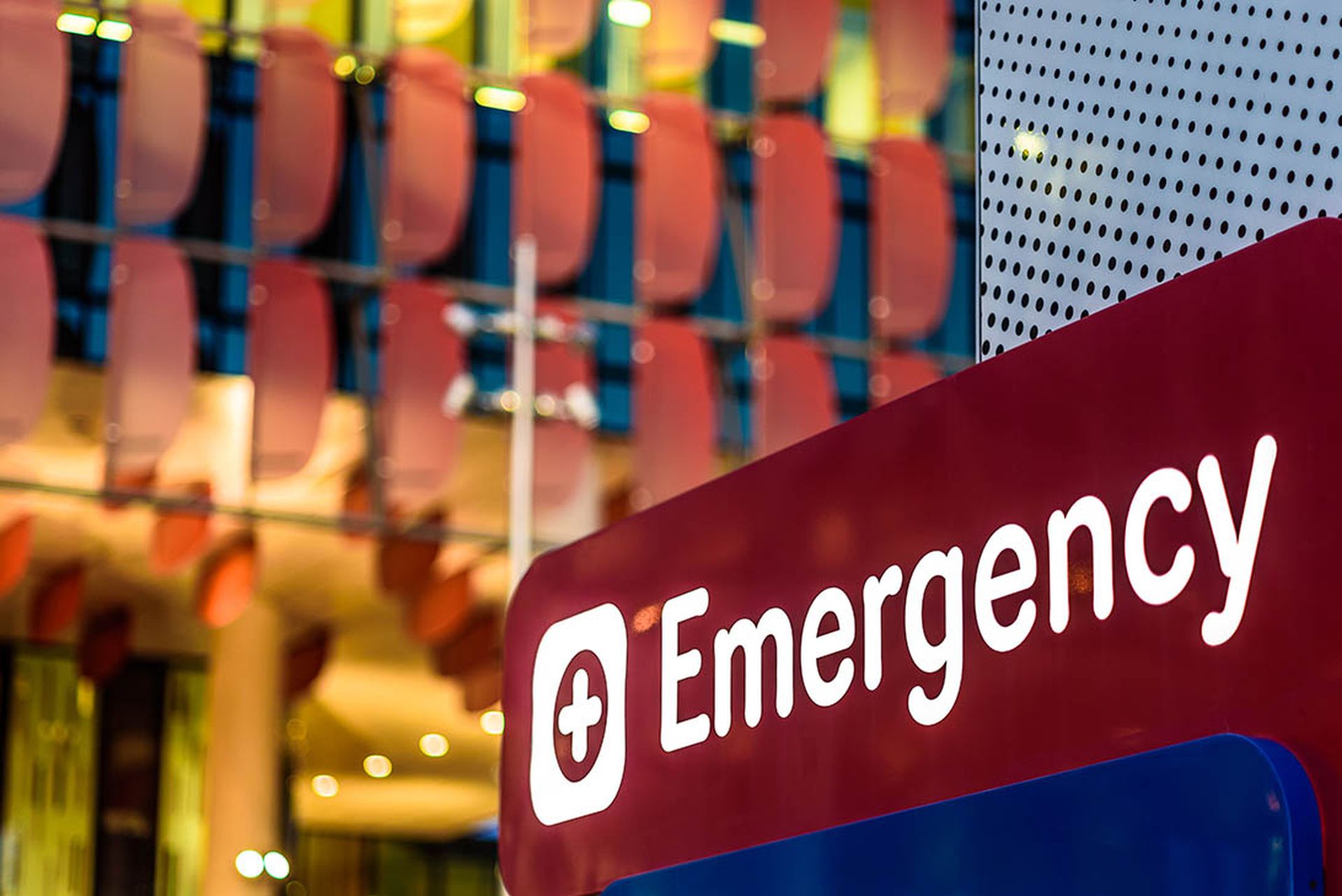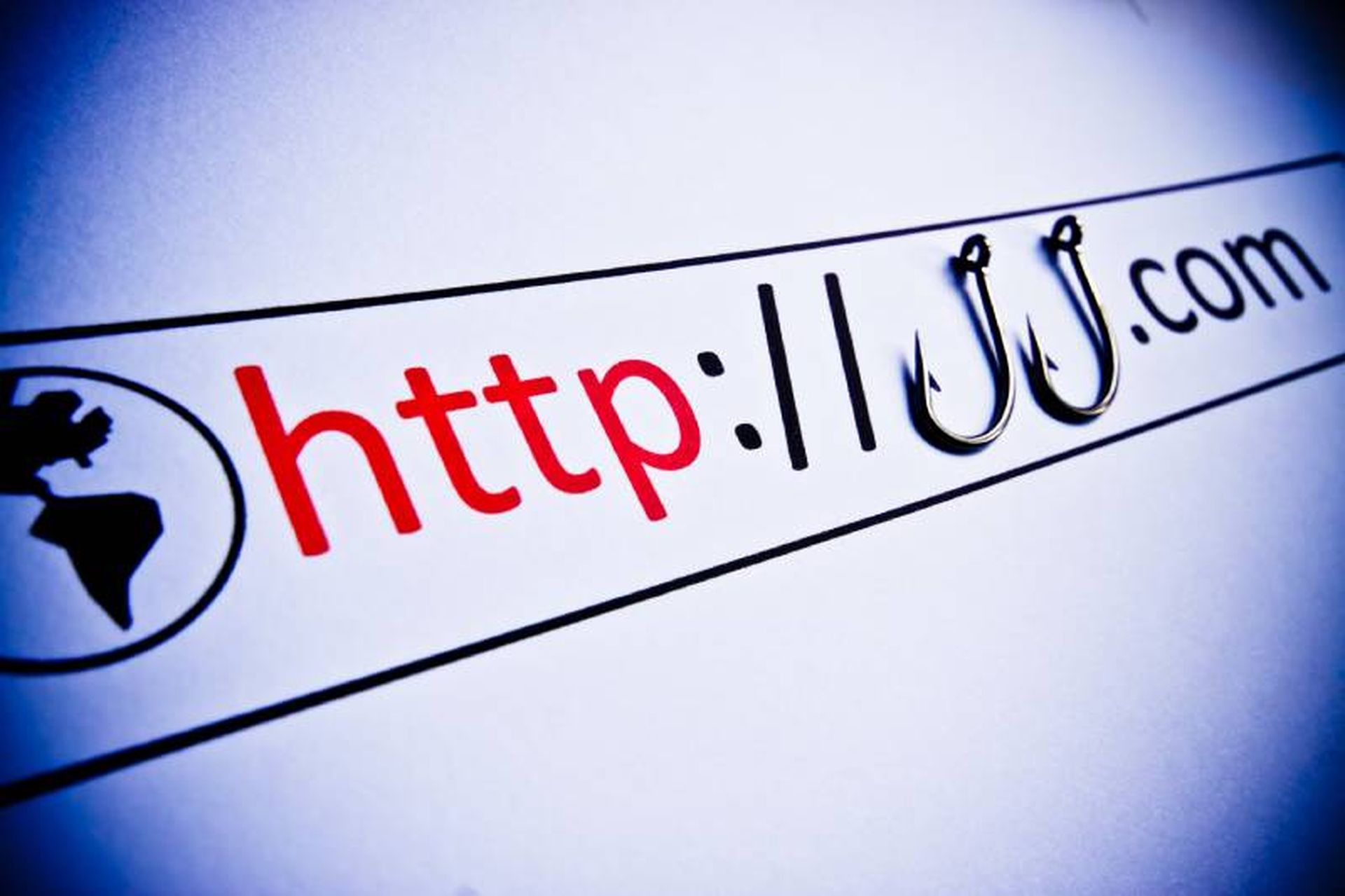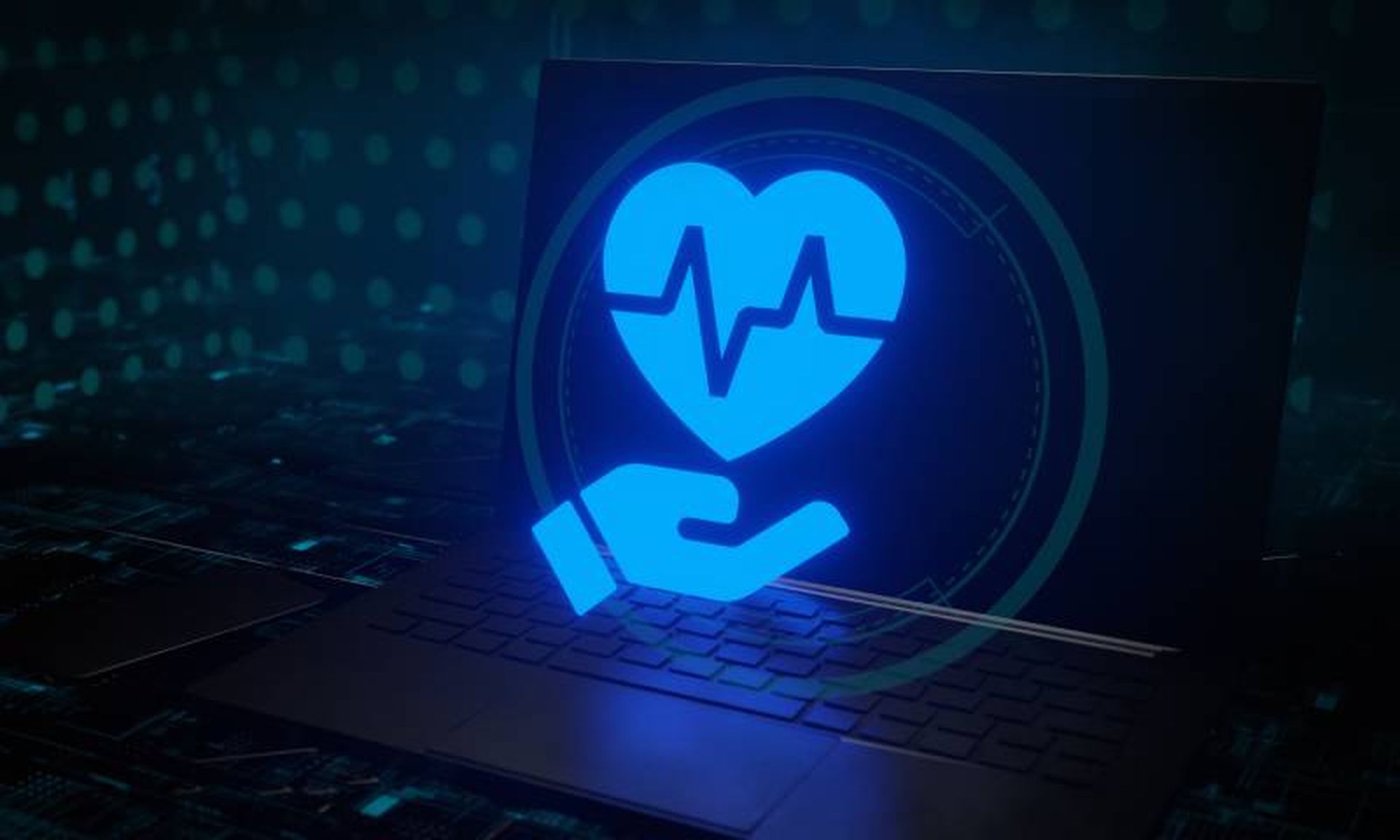U.S. rural hospitals, most of which are critical access, were noted by a report from the Cyberspace Solarium Commission 2.0 to be most vulnerable to ransomware attacks due to their dependence on outdated software and lacking cybersecurity funding, according to CyberScoop.
Such a risk has prompted the CSC 2.0 to recommend stronger partnerships between the federal government and the healthcare sector in determining and segmenting critical networks, increased spending to support the Department of Health and Human Services' cybersecurity programs, and imposition of HHS auditing authorities to the Government Accountability Office, as well as the inclusion of healthcare organizations in the Cybersecurity and Infrastructure Security Agency's systematically important entities list.
Meanwhile, the healthcare industry has been urged to not only bolster cyber hygiene training programs for their employees and establish patient care contingency plans in the event of a ransomware incident but also enlist the managed IT service providers to handle their cybersecurity.




